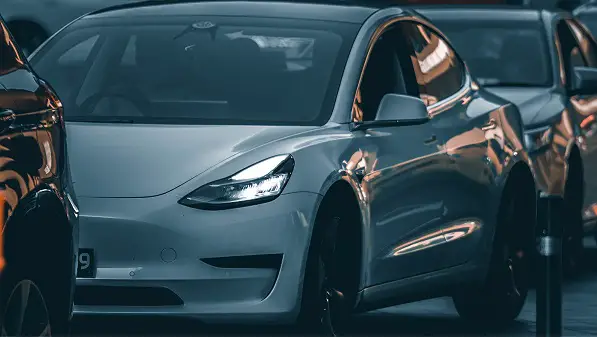According to figures released on Tuesday, new automobile sales in the European Union increased 12.1% year over year in January, driven by double-digit growth in Germany and Italy. Fully electric car registrations increased annually but decreased from December.
According to figures from the European Automobile Manufacturers Association (ACEA), total registrations at the two biggest automakers in Europe, Volkswagen and Stellantis, increased by 11.5% and 15%, respectively, in January. However, registrations at Renault decreased by 2.9%.
Despite a 29% increase from a year ago, sales of new battery electric (BEV) automobiles fell 42.3% from December to 92,741 units.
The two largest BEV markets in the union, France and Germany, drove the trend. Their fully electric sales increased by 24% and 37% from a year ago, but decreased by 59% and 46% from the previous month.
The data released last week indicates that sales of electric vehicles had a global slowdown in January, down 26% from December but up 69% from a year earlier. The reasons for this decline included, among other things, the elimination of subsidies or stricter regulations in Germany and France.
Stellantis and Renault are working to create more cheap EVs because the high cost of EVs has been a barrier to their wider widespread adoption.
EVs – whether fully electric models, plug-in hybrids or full hybrids – accounted for 47.5% of all new EU passenger car registrations in January, up from 42.7% a year earlier, but down from 53.3% in December.
U.S. EV pioneer Tesla saw a 66.9% yearly increase in EU sales in January.
The number of new vehicles registered in January in the EU, Britain and the European Free Trade Association (EFTA) rose by 11.5% to 1 million vehicles, the ACEA said.

